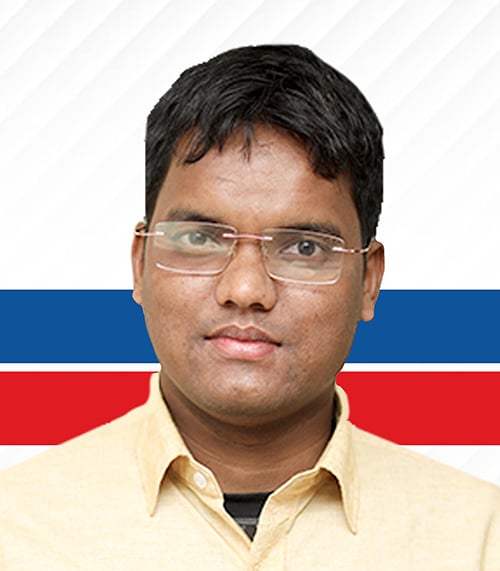Unlike other communities in the country, the Thalderrus of southern Nepal, from east to west, celebrate Nepali New Year’s Day in mid-April by sprinkling water on each other. The elders put water on the foreheads and heads of the young ones with a blessing while the young people put water on the feet of the elders to pay respect. Likewise, peers sprinkle water on each other’s bodies.
A festival of water, blessing, amusement and merrymaking, Joorshital, Siruwa Pawain or Siruwa is widely celebrated by the Tharu community in the Terai region of Nepal to mark the arrival of the new year in spring. However, its unique way of celebration has made this festival distinct from other rituals of New Year celebrations among other communities of Nepal.
The cool festival

Literally, Joorshital means cooling by the means of water or blessing from elders, so the festival is celebrated by throwing water at each other. This is one of the major festivals of the Tharu community in Nepal. This community celebrates the festival with great joy and merrymaking.
Tharu cultural expert Bhulai Chaudhary says, “Joorshital or Siruwa is the first festival of the Tharu community, one of the most ancient tribes of Nepal. Many Tharus still celebrate the festival following age-old traditions and norms.”
According to him, nowadays, Joorshital is also marked by other communities also.
Interesting story

According to the legends about Joorshital or Siruwa, there lived a young prince who was an extraordinary learner. Not only he was the greatest linguist of his time but was also capable of understanding the languages of the animals and birds. Kapil, one of the gods in heaven, became jealous of his talent, so he came down to earth to challenge the prince.
He put forward three riddles with the bet that if the young prince failed to give the right answers within seven days, he would lose his head but if he succeeded, the god himself would give him his head. The young prince was nervous about losing as it seemed that finding answers to such difficult questions was near impossible.
In his dilemma, he stopped at the bottom of a tall tree on the bank of the river; the tree also had a nest at its top. Fortunately, the prince heard the mother eagle comforting her eaglets crying for more food by saying that they soon would be feasting on the body of the young man who would fail to solve the riddles. After that, she narrated the story of the bet between the prince and the god. In the meantime, she also mentioned the right answers to her eaglets to satisfy their curiosity.
Hence, the prince, on the appointed day, gave all three correct answers to the god who then, lost the bet and as promised, cut off his own head. However, his head could neither touch the ground (earth) nor be kept in the sea as the sea would dry up by the heat.
Also, it could not be placed on a mountain that might turn into ashes by its enormous heat. In order to avoid it, the seven daughters of the god carried his head on a wheel all year round, taking turns. Each year, they shifted their turns which happened on the day of Joorshital.
Rituals

The Tharu people bless and amuse themselves by throwing water at each other on the day of Joorshital or Siruwa. The elders get up early, take a bath and carry clean water in a jug and sprinkle it on the heads of the juniors giving their blessings while the younger ones sprinkle water at the elders’ feet, seeking blessing.
The people of equal age and ranks, especially the youngsters, throw water on each other’s bodies. This is believed to be done along with the wish of having a cool, fruitful and beneficial year. People also pour water on the passersby, depending upon their age and sex.
The tradition of throwing water on the occasion of Joorshital or Siruwa is believed to be connected with magic as people believe that throwing water on this day will produce the same result as the actual rains. It is also believed that on this day, the gods, especially the nagas (mythical serpents) spout water from the celestial ocean.
On Joorshital or Siruwa, Tharu people take bath early in the morning and wear clean and new clothes. They also visit yearly fairs at the places of worship during the daytime. In particular, devotees throng Than Pokhair Dham in the Udayapur district, Somnath Dham in the Saptari district and Salahesh Phulwair Dham in the Siraha district.


























